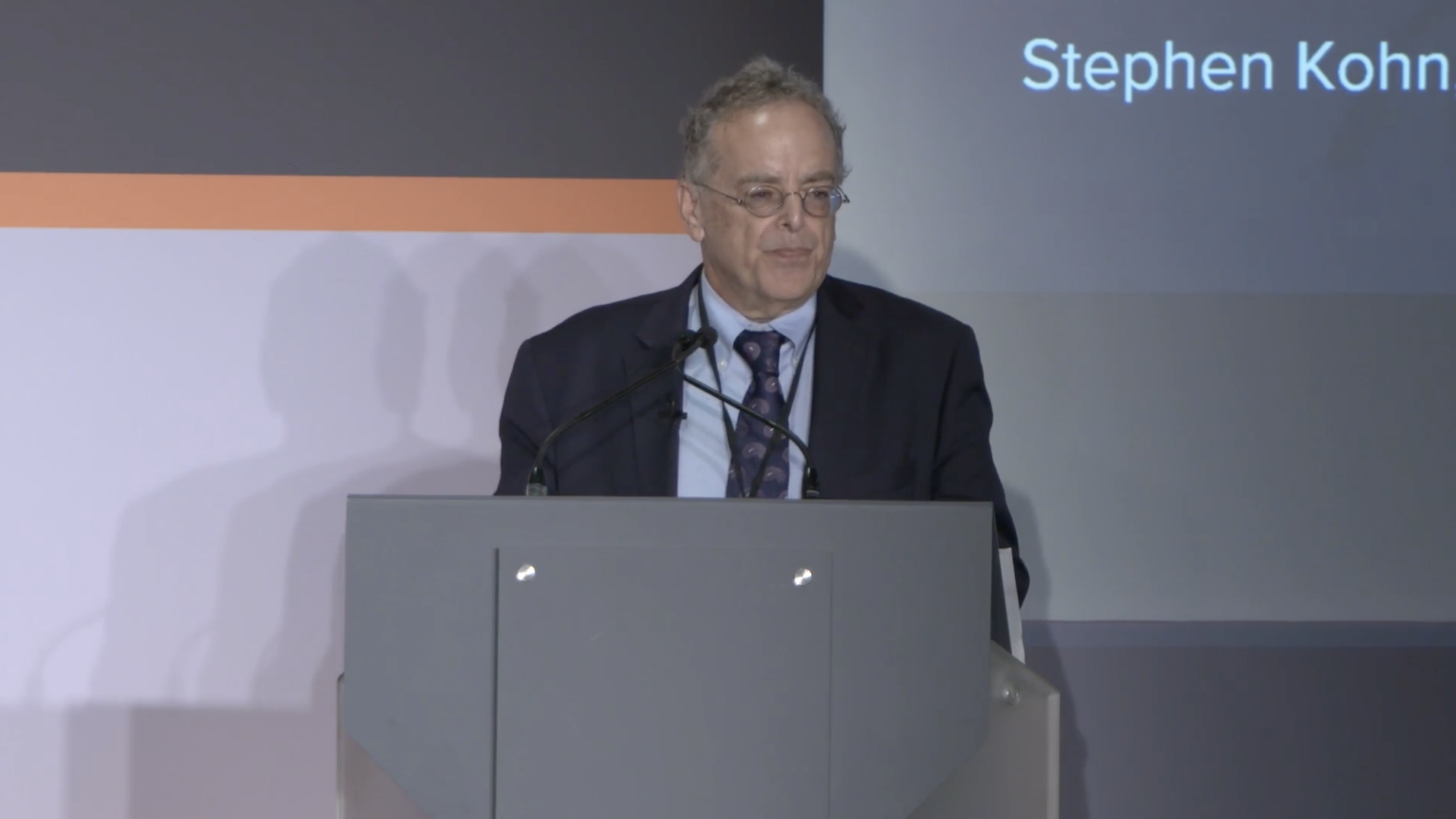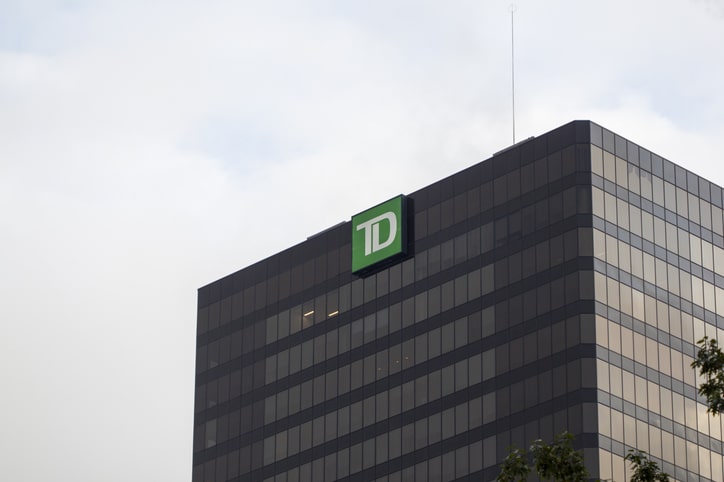FinCEN and Financial Crimes Whistleblowing
FinCEN is the Financial Crimes Enforcement Network, which is a bureau of the U.S. Department of the Treasury. It is responsible for implementing and enforcing regulations that are designed to prevent money laundering, financing of terrorism, and other financial crimes.
Written By
KKC Staff
Reviewed By
Updated
May 9, 2025

FinCEN is the Financial Crimes Enforcement Network, which is a bureau of the U.S. Department of the Treasury. It is responsible for implementing and enforcing regulations that are designed to prevent money laundering, financing of terrorism, and other financial crimes.
Whistleblowers who provide original, timely, and credible information about violations of the Bank Secrecy Act (BSA) or other FinCEN regulations may be eligible for a reward of up to 30% of the total monetary sanctions collected as a result of the enforcement action.
There are many reasons why FinCEN might sanction individuals or organizations involved in financial crimes. Some examples include:
- Money laundering: FinCEN can impose sanctions on individuals or organizations that engage in money laundering, which is the process of disguising the proceeds of illegal activity as legitimate funds.
- Financing of terrorism: FinCEN can also impose sanctions on individuals or organizations that provide financial support to terrorist organizations.
- Sanctions evasion: FinCEN can sanction individuals or organizations that attempt to evade sanctions that have been imposed by the U.S. government or other regulatory bodies.
- Fraud: FinCEN can impose sanctions on individuals or organizations that engage in fraudulent activity, such as securities fraud or mortgage fraud.
- Corruption: FinCEN can also sanction individuals or organizations that engage in corruption, such as bribing public officials or engaging in illicit business practices.
Anti-Money Laundering
Under the improved Anti-money Laundering Act (AML) laws, any individual can qualify for a reward if they provide information or assistance that leads to the successful investigation or prosecution of a money laundering offense. This may include information about suspicious financial transactions, the identities of individuals involved in money laundering activities, and other such information.
As per AML law, persons who provide useful information or assistance to law enforcement in the investigation or prosecution of money laundering offenses may be eligible for a reward between 10% and 30% of the sanctions collected against a money launderer. Award amounts vary depending on the type of information provided.
FinCEN and Digital Currencies
FinCEN has implemented a number of measures to identify and prevent illicit activity involving digital currencies. One way FinCEN handles cryptocurrency crimes is by requiring virtual currency businesses to register with the agency and follow the same Anti-Money Laundering (AML) and Know Your Customer (KYC) requirements as traditional financial institutions. This includes reporting suspicious activity and maintaining records of transactions.
FinCEN also works closely with law enforcement agencies such as the FBI and Secret Service to investigate and prosecute individuals or groups involved in cryptocurrency crimes. In addition, FinCEN issues advisories and guidance to financial institutions and other stakeholders on how to detect and report potential cryptocurrency-related crimes.
Overall, FinCEN takes a proactive approach to combating cryptocurrency crimes and works to ensure that the digital currency industry is regulated and compliant with existing financial laws and regulations.
Enforcement Actions
In 2022, FinCEN filed civil action against two larger crypto exchanges, who imposed massive fines for violating the Bank Secrecy Act (BSA), now referred to as the Anti-Money Laundering Act (AMLA). These cases are described in further detail below:
The BitMEX Case
The BitMEX case is a legal case involving the U.S. Financial Crimes Enforcement Network (FinCEN) and BitMEX, a popular cryptocurrency exchange.
In October 2020, FinCEN announced that it had filed a civil enforcement action against BitMEX, alleging that the exchange had violated the Bank Secrecy Act (BSA) by failing to implement adequate anti-money laundering (AML) and know-your-customer (KYC) controls.
FinCEN claimed that BitMEX had processed billions of dollars in illegal transactions and facilitated money laundering activities. Recently, BitMEX pleaded guilty, and as a result, has to pay a $100 million civil monetary penalty.
The Bittrex Case
Financial Crimes Enforcement Network (FinCEN) issued an enforcement action against Bittrex, a virtual currency exchange company, for alleged violations of the Bank Secrecy Act (BSA).
According to FinCEN, Bittrex failed to implement and maintain an effective anti-money laundering (AML) program, report suspicious activity, and maintain accurate records as required by the BSA. FinCEN also claimed that Bittrex allowed customers to conduct transactions with sanctioned countries and individuals, and did not properly verify the identity of its customers.
As a result of the case, FinCEN imposed a $29 million civil penalty on Bittrex, and required the company to implement a compliance program to prevent future violations. Bittrex has denied the allegations and is currently in the process of contesting the case.
FinCEN Whistleblower Rewards
Under the Financial Crimes Enforcement Network (FinCEN) Whistleblower Program, individuals who provide original, timely, and credible information about violations of the Bank Secrecy Act (BSA) or other FinCEN regulations may be eligible for a reward.
The reward is determined on a case-by-case basis, taking into account the significance of the information provided and the assistance provided by the whistleblower in the enforcement action.
The amount of the reward may be up to 30% of the total monetary sanctions collected as a result of the enforcement action. To be eligible for a reward, the information provided by the whistleblower must lead to a successful enforcement action that results in monetary sanctions of at least $1 million.
In order to be eligible for a reward, whistleblowers must report the information through the proper channels. This typically involves submitting a report to FinCEN through its online reporting system, or through a FinCEN-approved alternative reporting channel, such as a regulatory agency or law enforcement agency. Whistleblowers may also report information anonymously to FinCEN, but this may make it more difficult to verify the information and may affect the amount of the reward that is paid.
It is important to note that the FinCEN Whistleblower Program is separate from other whistleblower programs that may be available through other regulatory agencies or through the U.S. Securities and Exchange Commission (SEC) or the Commodity Futures Trading Commission (CFTC). These other programs may have different eligibility requirements and reward provisions.
Blowing the Whistle to FinCEN
Blowing the whistle to FinCEN can be a serious and potentially risky step, especially if you are concerned about potential retaliation. It’s important to carefully consider your options and seek the advice of a whistleblower attorney before proceeding.
If you have information about a possible violation of financial laws or regulations, such as money laundering or terrorist financing, you can report it to FinCEN through its online reporting system, called the Suspicious Activity Report (SAR) e-filing system. This system allows you to file a report anonymously, if you prefer. Alternatively, you can report the information to FinCEN by calling its toll-free hotline at 1-866-556-3974.
It may be a good idea to consult with an attorney before making a report to FinCEN, particularly if you are concerned about the potential consequences of your report or if you have any questions about your legal rights and obligations. An attorney can provide you with advice on how to proceed and can help you understand your options, as well as assist you with rewards.
It’s also important to note that there are laws in place to protect whistleblowers from retaliation, so you may be able to report the information to FinCEN without fear of reprisal. However, it’s always a good idea to be cautious and seek legal advice before proceeding.
Our Firm’s Cases

$2 Billion Recovered
Wilkinson blew the whistle on a $230 billion Russian money-laundering scandal that moved rubles out of Russia, converted them to dollars at Danske Bank Estonia Branch, then to moved the dollars to New York. The largest money laundering scandal in history.





